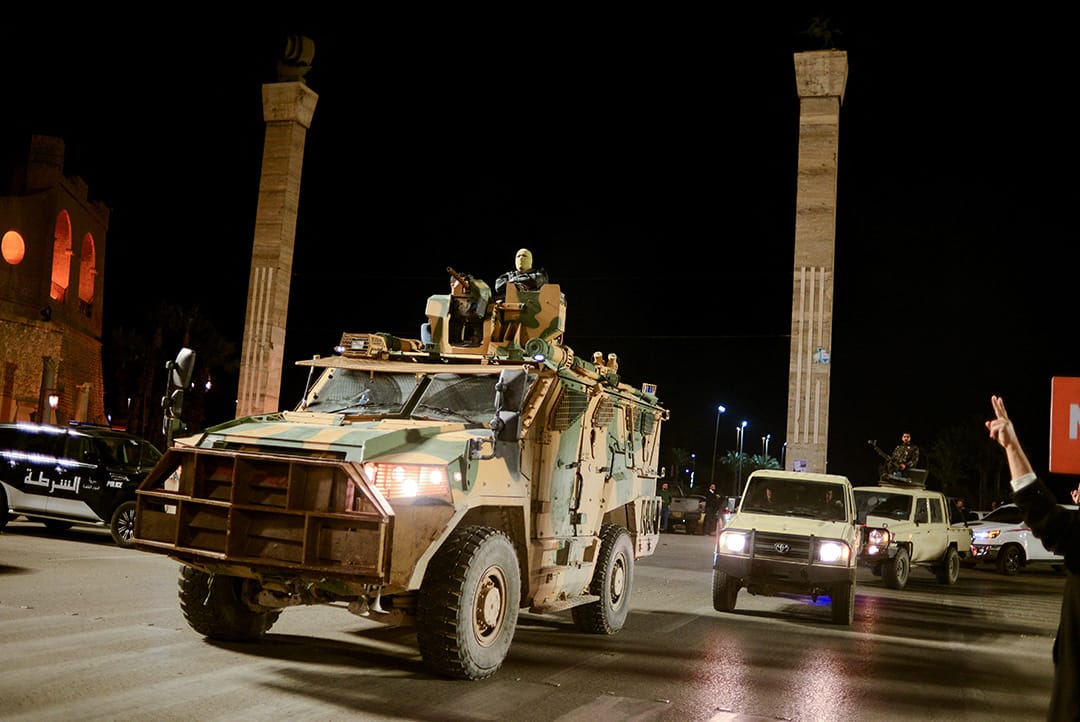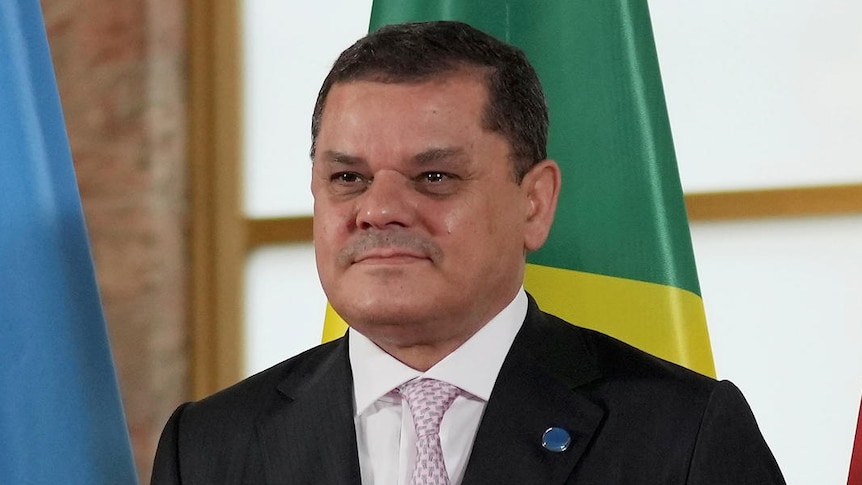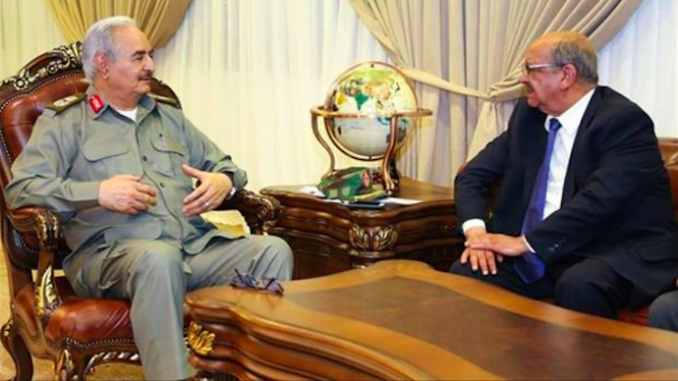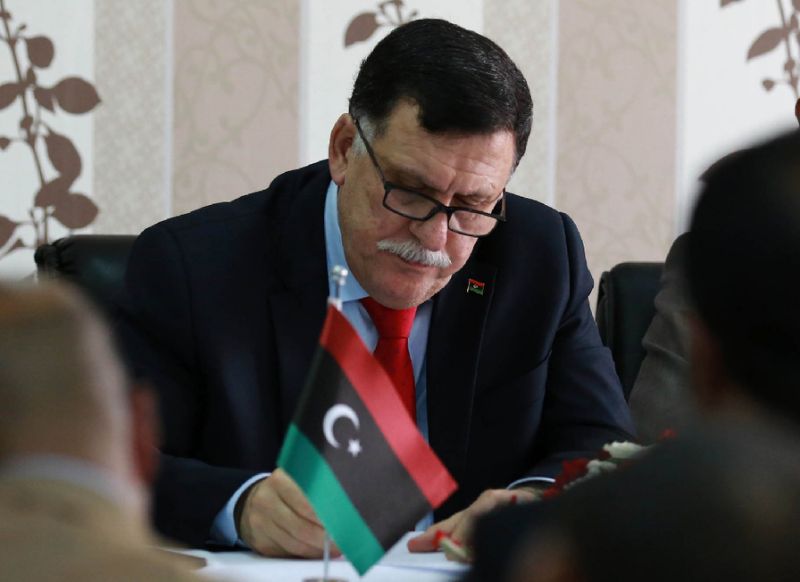In the past week, various international bodies, including the UN and the EU, have sounded the alarm bells over the recent developments in Libya, amid growing fears that the ongoing mobilization of forces in various parts of the war-torn North African country could unravel the fragile peace.
Libya, split between two rival governments located in the east and the west of the country, has recently witnessed a series of political ruptures and, now, fresh military mobilizations. Over the last decade, the opposing governments have repeatedly tried — and failed at enormous human and other cost on both sides — to wrest control from the other, and there are fears Libya could now be heading toward more violence and fighting. Political crisis has recently deepened when the Libyan Parliament in Benghazi announced the end of the term of the UN-backed Tripoli-based Government of National Unity (GNU) led by Prime Minister Abdul Hamid Dbeibah. In a controversial move, the parliament also voted to recognize Osama Hammad’s government as “the legitimate government until a new unified government is chosen.”
This political shift has further exacerbated tensions and entrenched the division between both rival governments, casting uncertainty over the country’s future. Amid this political upheaval, the Libyan National Army (LNA) has mobilized forces toward the southwestern region, prompting the United Nations Support Mission in Libya (UNSMIL) to urge “all parties to exercise maximum restraint and avoid any provocative military actions that could be perceived as offensive.” Similar concerns have also been expressed by the EU Delegation to Libya that appealed to all parties involved to refrain from “the use of force … at all cost.”
Against the backdrop of these developments, experts and observers have warned that the situation in Libya could easily spin out of control in light of the striking similarities between the current political landscape and the conditions that preceded — and led to — the 2014 civil war.



